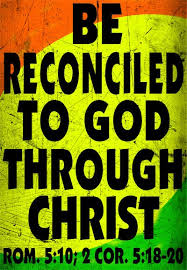- Aug 11, 2017
- 39
- 47
- Country
- United States
- Faith
- Christian Seeker
- Marital Status
- Married
- Politics
- US-Others
Hello all. Here's my introduction: I was raised without religion. In my early teens I became interested in the idea of God, and I began attending an evangelical church with one of my friends. I enjoyed it because it felt purposeful, but even there I never felt that I had any direct or true connection to God. My family moved to a different state not long after that, and I lost my fleeting connection to religion, and my interest in it as anything other than an anthropological curiosity.
Long story short: I'm now--twenty five years later, and married with two kids--seeking to cultivate a Christian life. I don't know if I'm trying to "become" a Christian, but I am trying to cultivate faith. I want to believe. I find it incredibly hard to believe, I guess because I have no idea how to even start. I know how to study, and I know how to work, but I don't know how to just "believe." But I have a desire, and I think it's an honest desire, so I will attend church services and see if I can get myself on a path to real faith.
Long story short: I'm now--twenty five years later, and married with two kids--seeking to cultivate a Christian life. I don't know if I'm trying to "become" a Christian, but I am trying to cultivate faith. I want to believe. I find it incredibly hard to believe, I guess because I have no idea how to even start. I know how to study, and I know how to work, but I don't know how to just "believe." But I have a desire, and I think it's an honest desire, so I will attend church services and see if I can get myself on a path to real faith.
Last edited:



